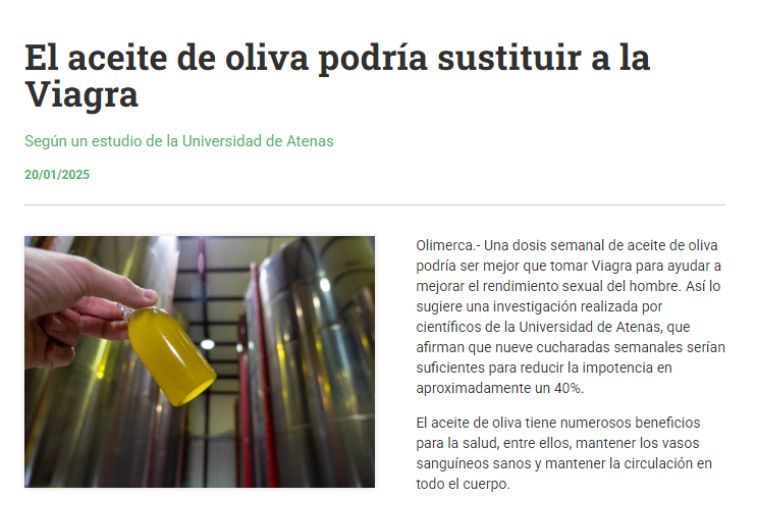TIPS TO AVOID HEART DISEASE - PART I

Although you surely know that eating certain foods can increase the risk of heart disease, it is often difficult to change eating habits. Whether you have been eating unhealthy for several years or just want to adjust your diet, here are eight tips for following a heart-healthy diet. Once you know which foods you can eat more and which ones you should limit, you will be on your way to a heart-healthy diet. Are you ready to start a heart healthy diet?
-
Control the size of the portions: How much you eat is as important as what you eat. If you overload the plate, eat very quickly and do not stop until you feel full, you probably consume more calories than you should. Often, the portions served in restaurants are more than anyone needs.
Use a plate or small bow to help control portions. Eat larger portions of low-calorie, nutrient-rich foods, such as fruits and vegetables, and smaller portions of high-calorie and sodium foods, such as fast, refined or processed foods. With this strategy you can put diet, heart and waist in shape.
-
Eat more vegetables and fruits: Vegetables and fruits are good sources of vitamins and minerals. Vegetables and fruits are also low in calories and rich in dietary fiber. Vegetables and fruits, like other plants and foods of plant origin, have substances that help prevent cardiovascular disease. Eating more fruits and vegetables can help reduce the consumption of foods with more calories, such as meat, cheese and snacks.
-
Choose whole grains: Whole grains are a good source of fiber and other nutrients that play an important role in regulating blood pressure and heart health. To increase the amount of whole grains in a heart-healthy diet, substitute refined grain products. Or, venture out and try a different whole grain, such as whole grain, quinoa or barley.
-
Limit your intake of unhealthy fats: Limiting the amount of saturated fats and trans fats you eat is an important step in lowering your blood cholesterol and decreasing your risk of coronary artery disease. A high blood cholesterol level can cause a buildup of platelets in the arteries, called 'atherosclerosis,' which can increase your risk of having a heart attack and stroke.
You can reduce the amount of saturated fats in your diet by removing the fat from the meat or by choosing lean meats with less than 10 percent fat.
When you use fats, choose monounsaturated fats, such as olive oil. Polyunsaturated fats, which are found in certain fish, in avocados, in nuts and in seeds, are also a good option to follow a heart-healthy diet. When used in place of saturated fats, monounsaturated and polyunsaturated fats can help lower your total blood cholesterol level. But it is essential that you be moderate. All types of fat are high in calories.

 United States
(English)
United States
(English) Spanish
(Español)
Spanish
(Español) Chine
Chine


















